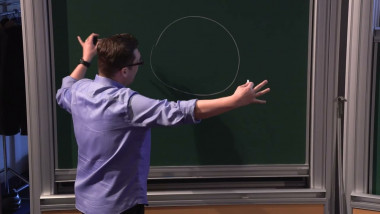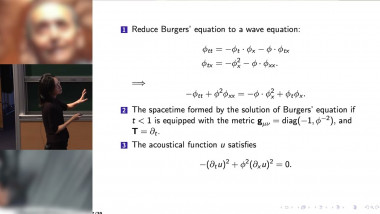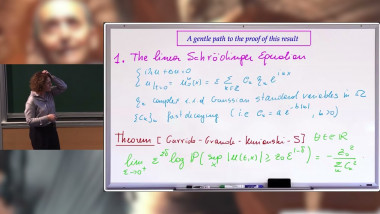
Rogue Waves and Large Deviations for the 2D Pure Gravity Deep Water Wave Problem
De Gigiola Stafillani
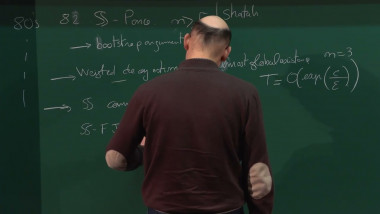
Waves, Nonlinearity and Geometry or How Sergiu Klainerman Has Influenced Generations of Mathematicians
De Jacques Smulevici
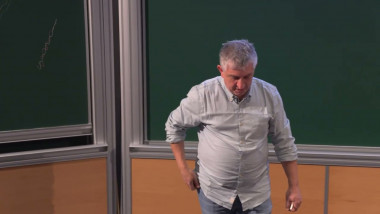
Long Time and Global Dynamics in Nonlinear Dispersive Flows
De Daniel Tataru











